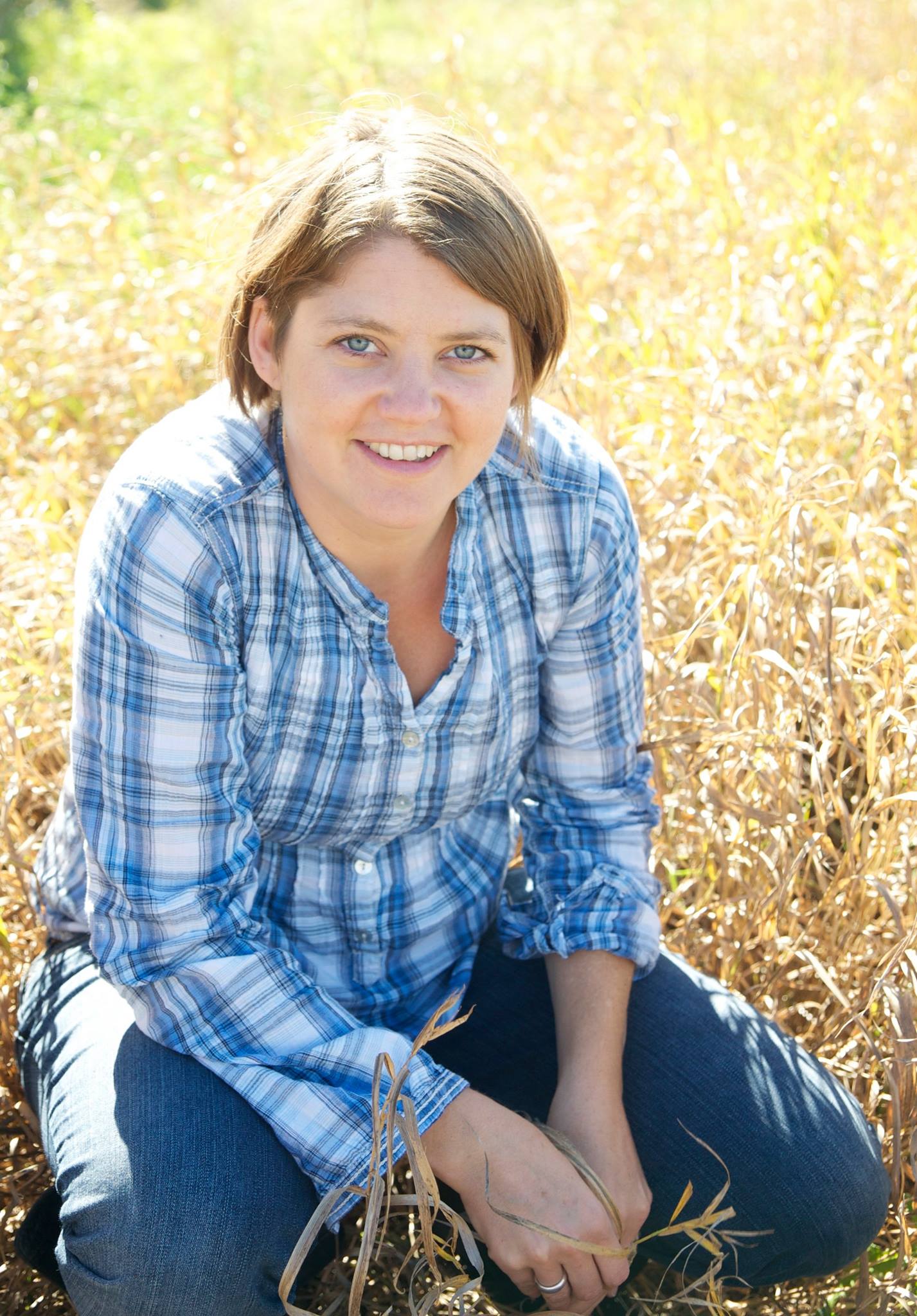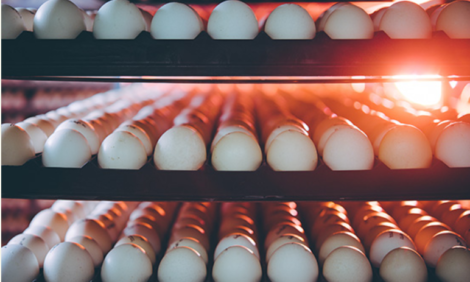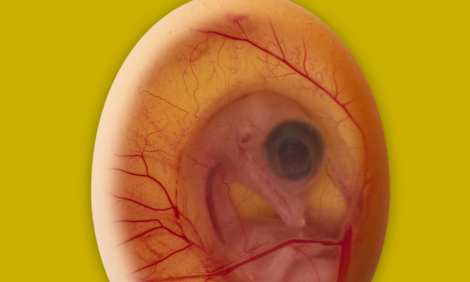



Taiwan mandates labelling of battery cage eggs
Taiwanese authorities announced new food traceability regulations that will require battery cage eggs to disclose their system of production for the first time.Under the new regulations, a letter will be used to denote the housing system used to enhance traceability. It will be stamped on eggshells.
The measures will initially apply to all washed eggs sold by convenience stores, supermarkets, hypermarkets, warehouse retailers, e-commerce platforms and other channels. The measures will later be expanded to cover all eggs.
According to the Environment & Animal Society of Taiwan (EAST), the country's labelling regulations already require free range, barn, and enriched cage eggs to label the housing system on their packaging. However, eggs from conventional cages are exempt from labelling requirements.
Under the new regulations, consumers will be able to choose between organic (O), free range (F) or barn (B) eggs that allow hens to engage in natural behaviours like nesting, dust bathing and perching.
Conventional cage and enriched cage systems will be identified with the letters C and E, respectively.
“The new stamping regulations are a win for consumers and will make it easier for shoppers to confirm that the eggs they are buying are truly cage-free” said Yu-Min Chen, Deputy Chief Executive of the Environment & Animal Society of Taiwan (EAST).
The organisation is pleased with the steps the Taiwanese government has taken, but urges authorities to quickly expand the requirements to all eggs and to mandate the labelling of battery cage eggs on product packaging.
The new regulations will come into force on 1 January 2022.










